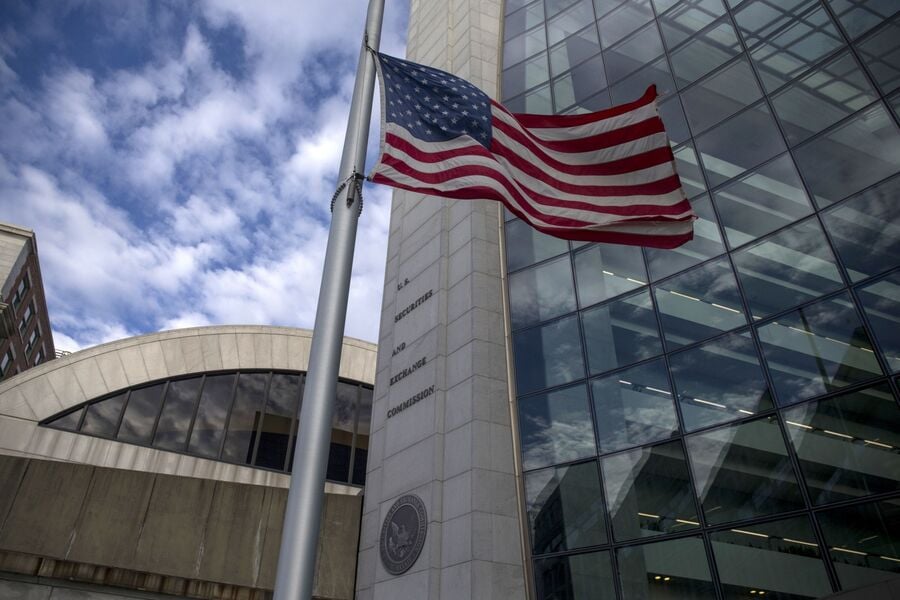

Wall Street’s main regulator is moving to introduce new rules for brokerages that use artificial intelligence to interact with clients.
The Securities and Exchange Commission said Tuesday that a long-contemplated plan to rein in conflicts of interest associated with the technology could be introduced as soon as October. The proposal would also apply to predictive data analytics and machine learning.
Since taking the helm of the agency two years ago, SEC Chair Gary Gensler has repeatedly expressed concerns over whether brokers and financial advisers really make recommendations that are in their clients’ best interests. He’s also said certain new technologies when used by financial professionals can present “inherent” conflicts of interest.
“Technology, markets, and business models constantly change. Thus, the nature of the SEC’s work must evolve as the markets we oversee evolve,” Gensler said in a statement on Tuesday.
The SEC started exploring potential conflicts of interest associated with the technologies back in 2021. Meanwhile, robo-advisers, brokerages and wealth managers have been exploring how to individually target consumers with tailored marketing, pricing and prompts.
Despite an explosion in media attention around AI tools, the U.S. government hasn’t formulated a comprehensive approach to the new technologies. Earlier on Tuesday, Rohit Chopra, the country’s top consumer watchdog said that if left unchecked, AI could usher in more fraud and discrimination in finance.
The looming proposal to crack down on AI use by brokerages was introduced in the SEC’s semiannual rule-writing agenda, which included dozens of other regulatory plans.
The agency said it planned to propose requiring more robo-advisers, or internet advisers, to register as money managers with the agency. That tag carries additional regulatory requirements.
The SEC also said it was weighing requiring large brokers to calculate their customer reserve deposit requirements on a daily, rather than on a weekly basis.

A Texas-based bank selects Raymond James for a $605 million program, while an OSJ with Osaic lures a storied institution in Ohio from LPL.

The Treasury Secretary's suggestion that Trump Savings Accounts could be used as a "backdoor" drew sharp criticisms from AARP and Democratic lawmakers.

Changes in legislation or additional laws historically have created opportunities for the alternative investment marketplace to expand.

Wealth managers highlight strategies for clients trying to retire before 65 without running out of money.

Shares of the online brokerage jumped as it reported a surge in trading, counting crypto transactions, though analysts remained largely unmoved.
Orion's Tom Wilson on delivering coordinated, high-touch service in a world where returns alone no longer set you apart.
Barely a decade old, registered index-linked annuities have quickly surged in popularity, thanks to their unique blend of protection and growth potential—an appealing option for investors looking to chart a steadier course through today's choppy market waters, says Myles Lambert, Brighthouse Financial.
